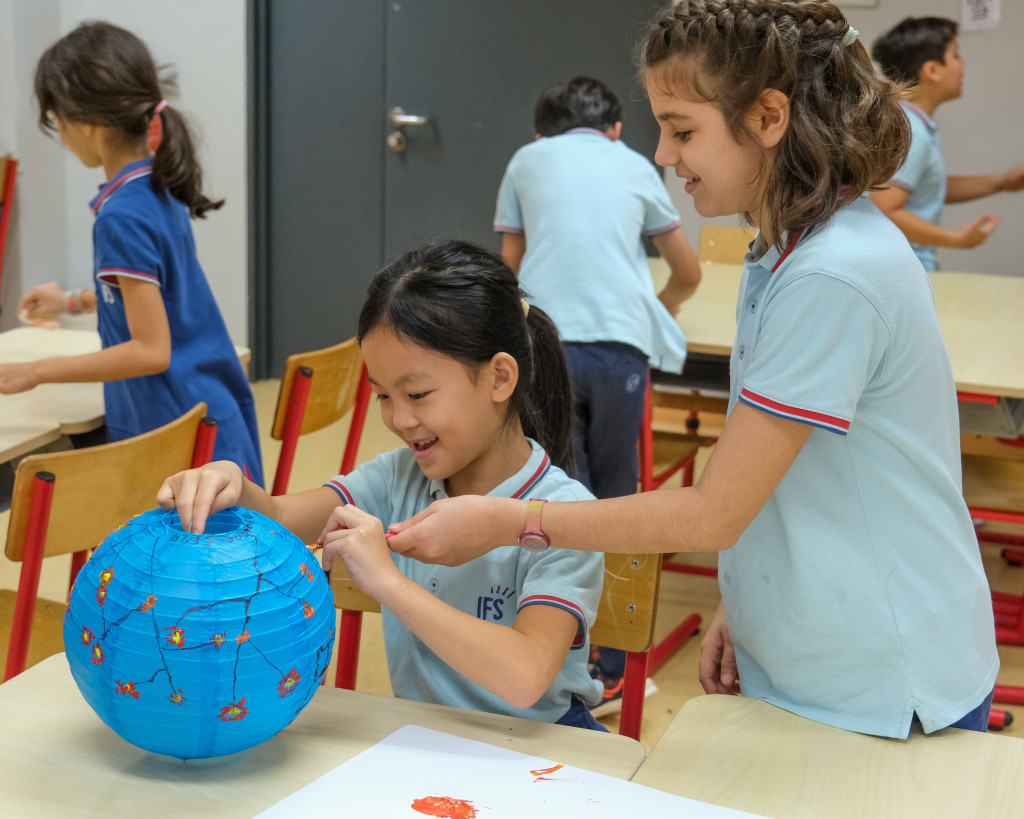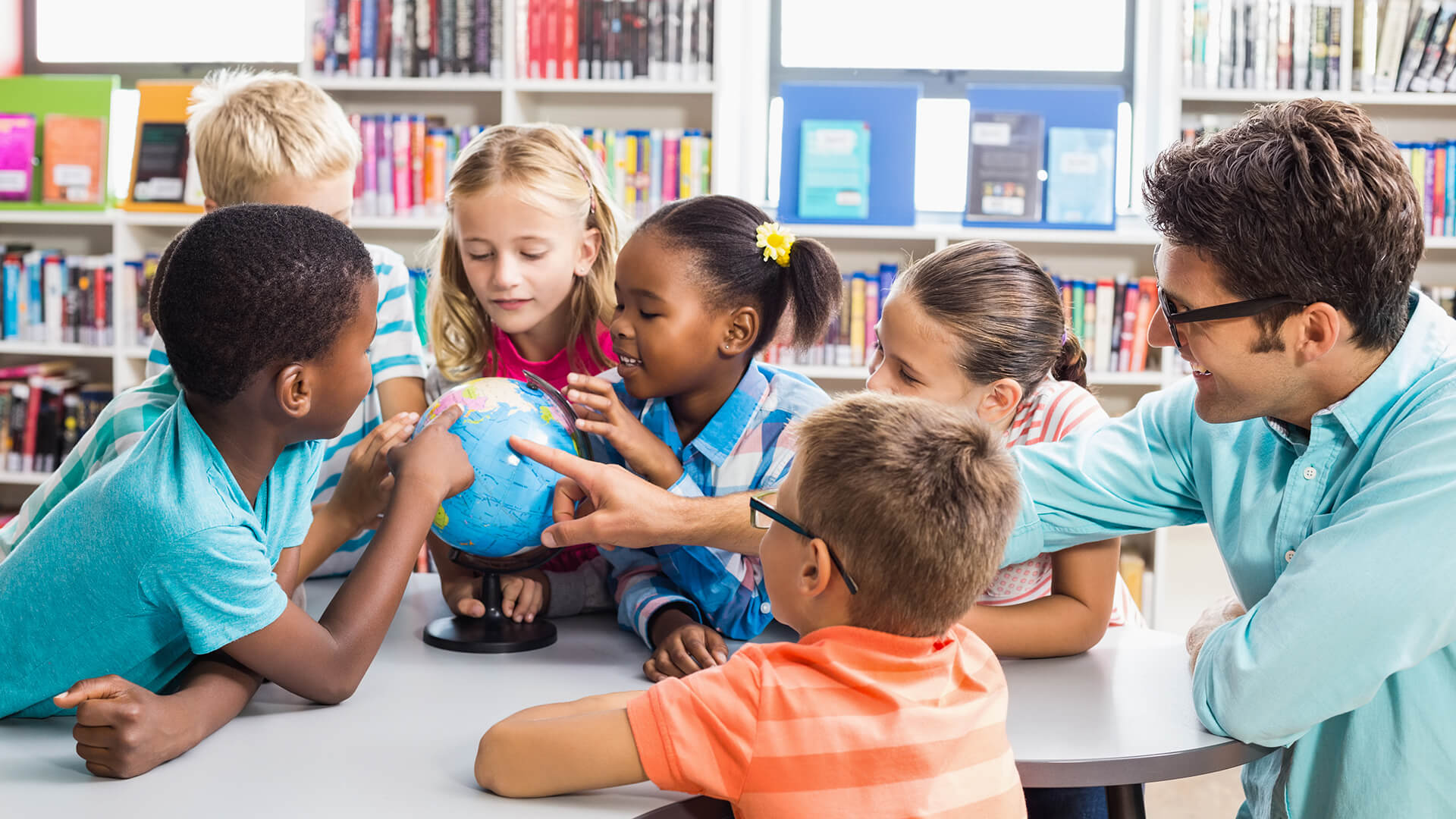Le Multilinguisme
Multilingual.
Cognitive
Benefits – Better multi-tasking, decision making, problem solving
Career
Opportunities – Stand out from your peers among prospective employers
Cultural
Advantage – Grow up more open-minded & understanding
MULTILINGUAL PROGRAMME
Why a Multilingual Education?
“To have another language is to possess a second soul” Charlemagne (748 to 814 AD)
IFS is a genuinely multilingual international school. Our distinctive and unique bilingual and multilingual approach to education puts our students at a considerable advantage compared with their no-bilingual peers.
Focused and structured by the French National Curriculum, an IFS education stresses language acquisition and proficiency, thereby providing our graduates with a head start in life.
There are several reasons to choose a multilingual education for your children.
- First, the rise of international travel and trade encourages the spread of language learning.
- Second, the multiple developmental, (e.g. communication, cultural, cognitive, curriculum, and career) advantages of being bilingual is a great help to students.
- Third, the potential societal and community benefits of bilingualism such as continuity of heritage, cultural vitality, empowered and informed citizens, improved school achievement, social and economic inclusion, social relationships and networking all contribute to our student’s success.
All of these traits make multilingual education increasingly useful and attractive.

MULTILINGUAL
Pursue a Multilingual Education.
“The rigour of an immersive multilingual environment balanced with the non-academic merits of ifs life has holistically developed our daughter, especially nurturing her emotional well-being.”
— Parent – Grand Section



